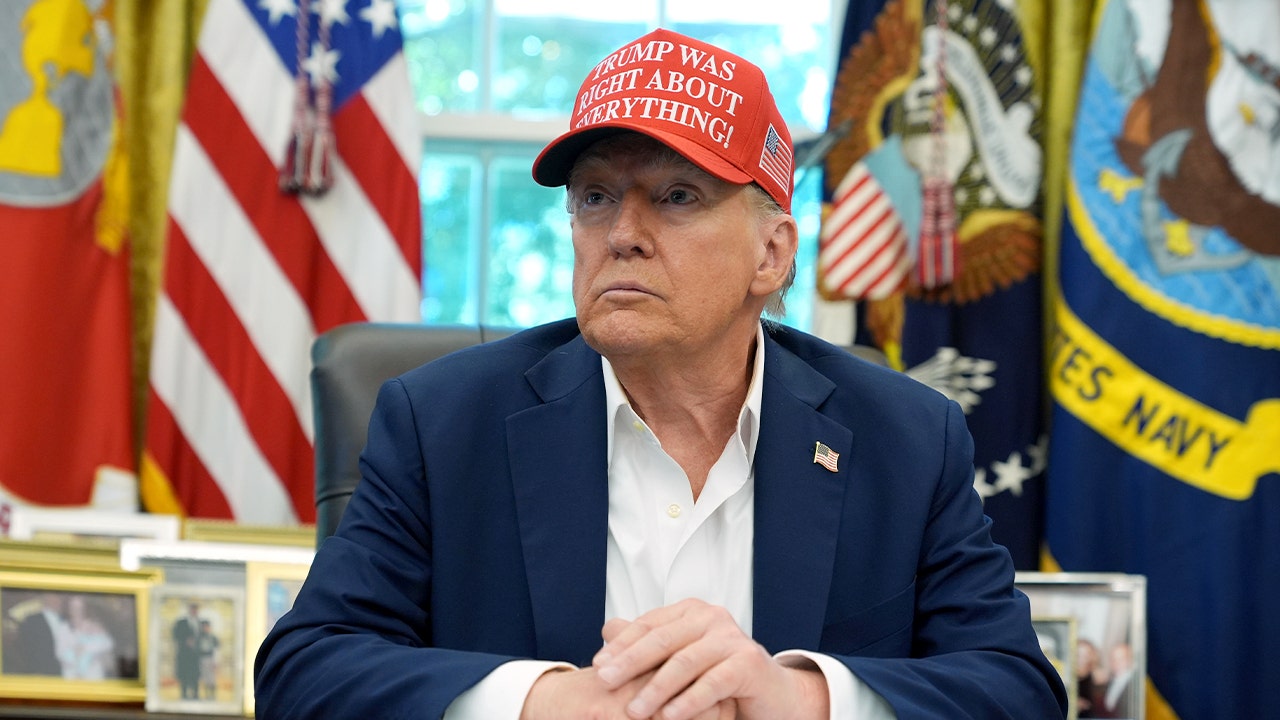‘Move Back to America’: Montana Governor Slams Colorado Gun Ban, Woos Firearm Makers to Flee

Listed To This Article: Play in new window | Download | Embed
You can also subscribe via Apple Podcasts | Spotify | Amazon Music | Android | | More
HELENA, MT — Montana Governor Greg Gianforte has issued a bold invitation to firearms manufacturers in Colorado following the passage of a sweeping new gun control law. In a video posted to social media platform X, Gianforte extended a public call for gun makers to relocate to Montana, criticizing Colorado’s latest firearm restrictions as out of step with American values.
“Do you want to move back to America?” Gianforte asked, referring to Colorado’s newly enacted law banning the manufacture and sale of semi-automatic firearms—a move he called “one of the most restrictive gun bans ever adopted in the United States.”
The new law, signed last week by Colorado Governor Jared Polis, builds on existing restrictions in the state, including a ban on magazines with capacities over 15 rounds. Colorado is ranked among the top ten states for firearms industry presence, making the legislation particularly impactful for manufacturers operating there.
Gianforte’s pitch to disaffected manufacturers emphasized Montana’s pro-Second Amendment stance. He noted that Montana boasts the highest per capita number of firearms and ammunition manufacturers in the nation—over 150 businesses. The state’s constitutional carry laws and legislation protecting gun industry entities from discrimination further underscore Montana’s commitment to firearms freedoms.
“In Montana, we embrace freedom and the free enterprise system,” Gianforte said. “Come on home to America, right here in Montana.”
The National Shooting Sports Foundation (NSSF) echoed Gianforte’s message in a recent press release, stating that Colorado’s legislation has left manufacturers “frustrated,” and lauding Montana’s efforts to welcome the industry.
This development follows the advance of Colorado Senate Bill 25-003, which drew significant attention and criticism from gun rights advocates for targeting semi-automatic rifles commonly used for lawful purposes including home defense, sport shooting, and hunting.
Gianforte’s remarks underline a growing divide between states adopting aggressive gun control policies and those positioning themselves as havens for Second Amendment supporters. For many in the firearms industry, Montana’s pro-business and pro-2A stance may present an increasingly attractive alternative.
A state’s approach to gun legislation doesn’t just affect individual rights—it also influences economic decisions and industry viability. As more manufacturers weigh their options, jurisdictions like Montana stand ready to offer a stable and welcoming environment rooted in constitutional values.







